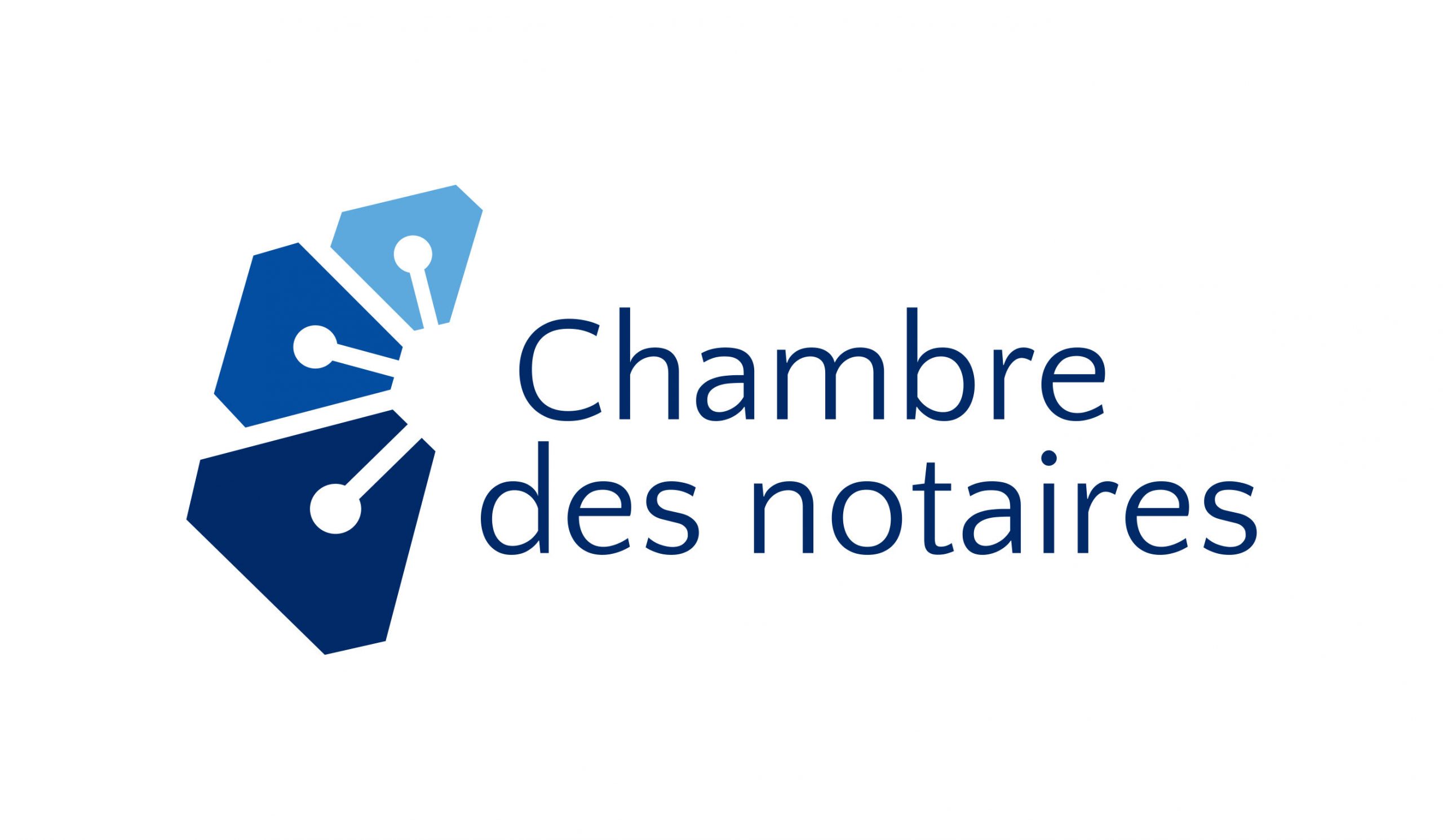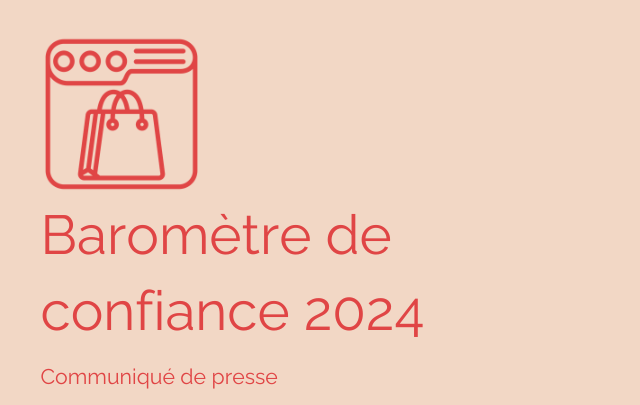
New features to come for better protection of people in vulnerable situations

In a previous article, we discussed two new developments in the protection of vulnerable persons, i.e. modulated guardianship and temporary representation of a person of full age. This article deals with legislative changes related to the assistant to the person of full age and the mandate of protection.
The middle-aged assistant
First, a quick recap to put it all in context. On June 2, 2020, the Quebec government passed Bill 18, which allows people in vulnerable situations to safeguard their autonomy for as long as possible while obtaining the protective measures necessary to ensure their well-treatment. This law is not yet in force. But it's worth preparing for what's to come.
One of the measures in this important bill is the "assistant to the person of full age", which enables a person of full age who has a difficulty to be accompanied in managing and making decisions affecting his or her person or assets (e.g.: administration of assets, personal care, etc.) in a respectful manner, while preserving his or her rights and autonomy.
Unlike the conseiller au majeur regime, which will cease to exist, the assistant to the major measure is simpler and more accessible. In addition, control of this new measure will be exercised by the Curateur public instead of the court. The request for recognition of an assistant to a person of full age may be submitted to the office of the Curateur public directly by the person of full age, or through a notary or lawyer. After investigation, the Curateur public will recognize the proposed assistant, and his or her name will be entered in a public register.
The new measure of assistance to persons of full age should not be confused with existing tools such as power of attorney. The assistant to the person of full age is not a representative; rather, he or she acts as an intermediary and facilitator, notably to inform third parties of the wishes and preferences of the person of full age. Under this measure, the adult continues to make his or her own decisions, but is accompanied by the assistant. The assistant does not have the power to act on the adult's behalf, unlike a power of attorney, which allows a person to act on the adult's behalf to carry out certain tasks and make certain decisions.
Each has its advantages and disadvantages. We invite you to contact your notary, who will be able to help you make the right choice and explain how to proceed.
Protection mandate
The law allows a person of sound mind (mandator) to designate in a document called a "mandate given in anticipation of incapacity" or "mandate of protection" the person who will look after his or her well-being and the administration of his or her property if he or she becomes incapacitated. This document gives the mandatary extensive powers.
Bill 18 contains a number of new provisions concerning the mandate of protection, strengthening the security and protection of mandators. The new law also specifies that the mandate of protection is a document that cannot be drawn up jointly by two or more persons.
When the law comes into force, the mandatary will have to make an inventory of the incapacitated person's property within 60 days of homologation of the mandate. In addition, the protective mandate will have to provide for a rendering of accounts in order to reinforce control measures in relation to the administration carried out by the mandatary.
The court may also designate a person to receive the rendering of account in the absence of a designation in the mandate of protection, or if the person who is to receive the rendering of account is unable to act. You should also be aware that the Curateur public may now be designated in a mandate of protection or by the court to receive the mandatary's rendering of account.
Finally, the law specifies that the mandatary must make decisions regarding the homologation of the mandate or its execution in the best interests of the mandator, taking into account the mandator's wishes and preferences.
The new law also provides for the possibility of requesting that you undergo periodic medical and psychosocial assessments, and that the mandatary must encourage your participation in decisions that concern you and keep you informed. Of course, these are just a few of the changes that will be introduced by the new law. For more information, consult your notary.
The notary can help you
The bill introduces changes and a range of important choices for adults who need to be represented or assisted, as well as for their families and caregivers. To understand the consequences and impacts of these choices, a notary is a preferred option.
Every year, notaries meet hundreds of thousands of citizens who tell them about the realities and difficulties they face. The bond of trust they maintain with their clients and loved ones is essential to preventing abuse of people in vulnerable situations. A Léger survey conducted in 2017 even shows that 82% of Quebecers believe that a notary can advise a person in a vulnerable situation and prevent situations of abuse[i].
After all, preserving the autonomy of the elderly and people in vulnerable situations for as long as possible, while providing a regulated framework to ensure their protection, offers additional leverage for achieving well-treatment in our society.
Do you have any questions?
Call the free 1 800 NOTAIRE service (1 800 668 2473) to speak to a notary. This service is available Monday to Friday, 9 a.m. to 12 p.m., and Monday to Thursday, 1:30 p.m. to 4 p.m.
[i] Sondage Léger, L'opinion des Québécois à l'égard de la profession du notaire, January 2017






